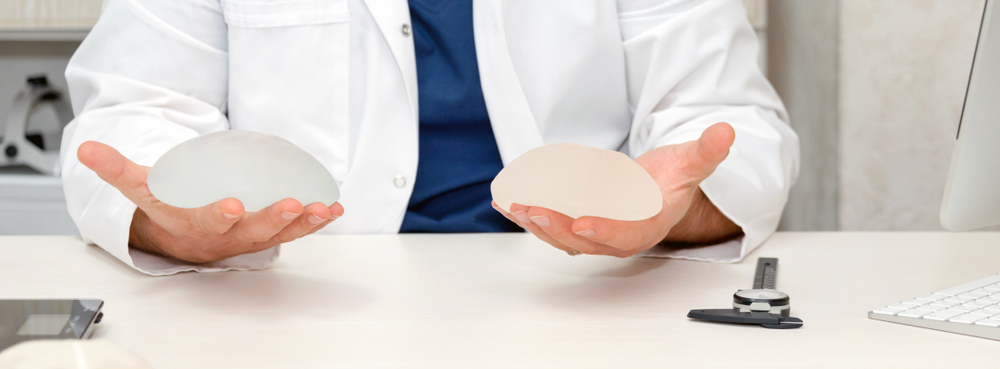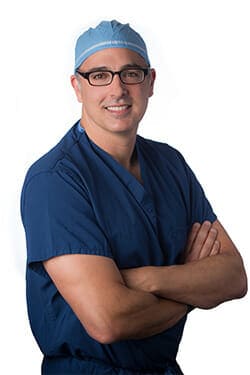The Grades of Capsular Contracture and Their Treatments

Capsular contracture is a potential complication of breast augmentation where scar tissue forms around a breast implant, causing discomfort or changes in appearance. At Greenwald Plastic Surgery, Dr. Joshua Greenwald offers expert care for capsular contracture to patients from New York and Connecticut.
As a board-certified, fellowship-trained plastic surgeon with extensive experience, Dr. Greenwald employs advanced techniques for capsular contracture treatment, leading to low rates of recurrence.
Understanding the Grades of Capsular Contracture
Capsular contracture is classified into four grades based on severity:
- Grade I: The breasts feel normal and appear natural. However, problems are starting below the surface.
- Grade II: The breasts are firmer than usual yet appear normal.
- Grade III: The breasts grow harder and start changing in shape. They may look much rounder, and nipples could start changing, too.
- Grade IV: The breasts are hard, painful, and significantly distorted.
Knowing your grade is the first step in determining the appropriate treatment. Dr. Greenwald empathetically evaluates your breast and determines the grade of your condition, taking the time to explain everything you need to know.
Treatment Options for Capsular Contracture
If you have capsular contracture, there are treatment options, including:
Non-Surgical Options
Non-surgical options, primarily medication, are the first approach for early-stage capsular contracture.
Leukotriene inhibitors, such as Singulair, can help reduce inflammation and soften scar tissue. Dr. Greenwald often pairs this with a low-dose antibiotic for early-stage capsular contracture.
The Surgical Approach
For grades III or IV and certain cases of grade II, a breast surgery called capsulectomy is typically the best approach. Dr. Greenwald customizes surgery based on your implant placement.
For implants placed under the glands and above the muscles (subglandular), Dr. Greenwald often performs a “pocket change,” removing the implant and surrounding capsule and placing a new implant under the muscle.
For patients who already have submuscular implants, Dr. Greenwald typically performs a capsulectomy and then creates another submuscular pocket for your new implants.
Dr. Greenwald believes that the best treatment is prevention, so he uses several innovative approaches during surgery to minimize the risk of another capsular contracture.
For example, he typically uses:
- Submuscular placement
- Drain-free techniques
- Antimicrobial irrigation
- Funnel device to place the implants (no-touch)
- Acellular dermal matrix (Strattice) to prevent scar tissue growth
In addition, Dr. Greenwald sends the breast capsule to pathology and checks to find the source of bacterial infection (if any) so he can customize antibiotic therapy.
After surgery, patients generally need to take Singulair and an antibiotic for several months while maintaining a daily breast massage schedule.
While the recurrence rate is typically 30%, Dr. Greenwald’s unique techniques, particularly using Strattice, lower the risk to just 5%.
Capsular Contracture Help in NY and CT
Addressing capsular contracture can ease pain, restore breast appearance, improve health, and boost confidence. Don’t wait to reach out for help. Call Greenwald Plastic Surgery at 914-421-0113 to schedule a consultation with Dr. Greenwald.
